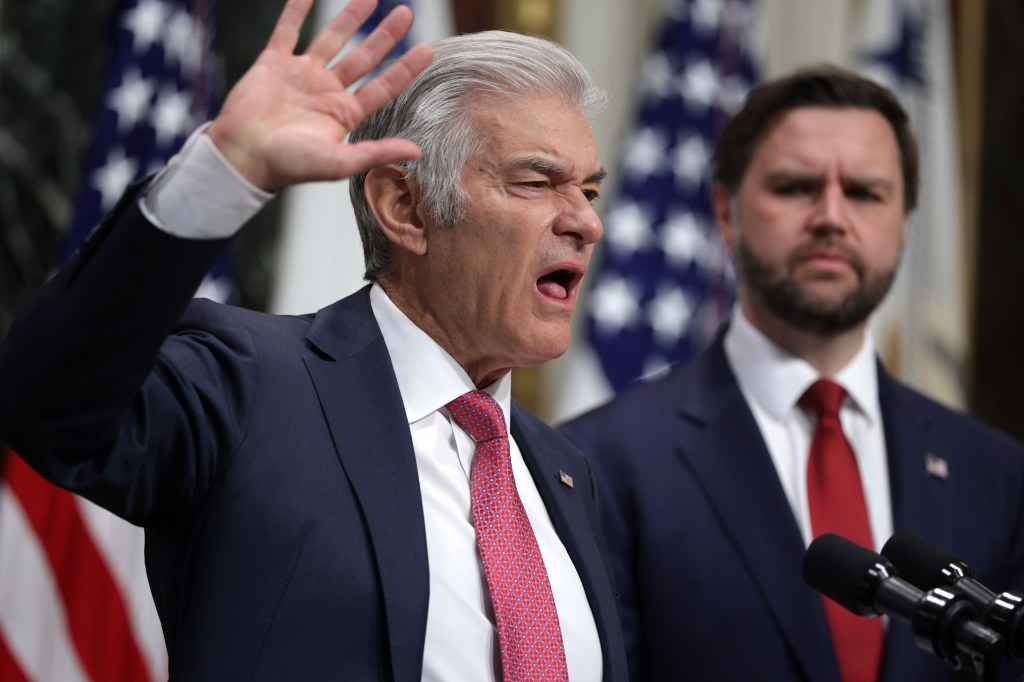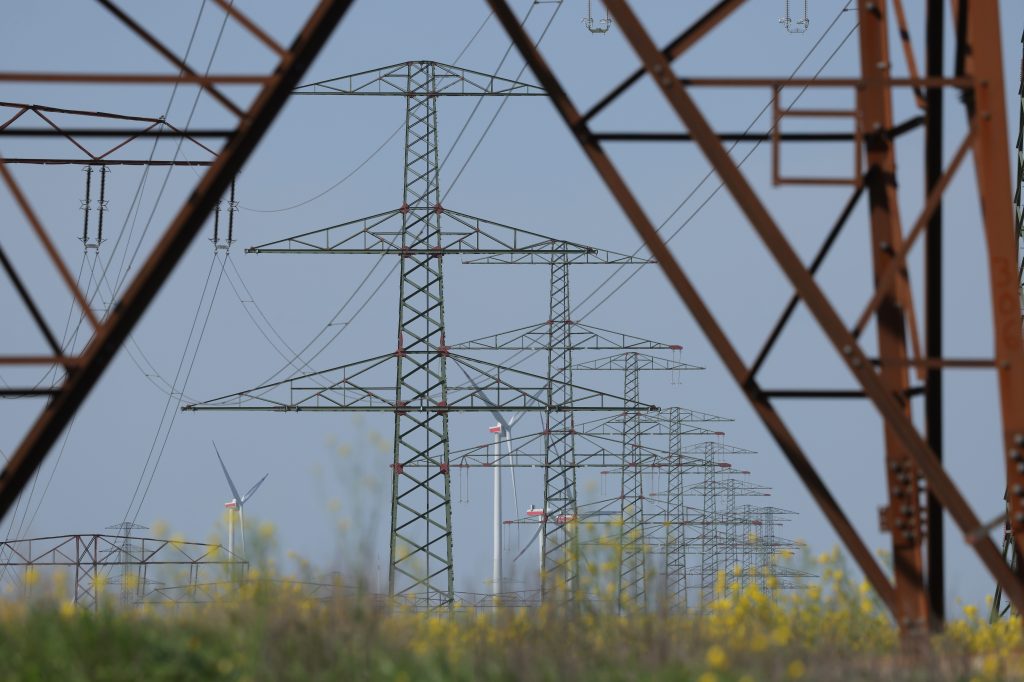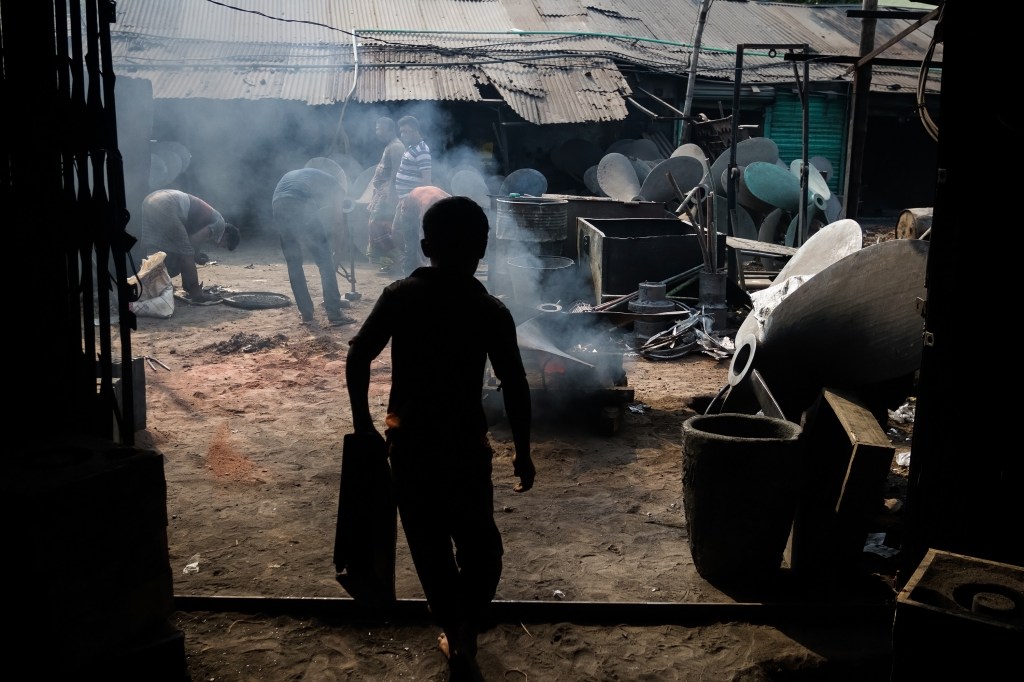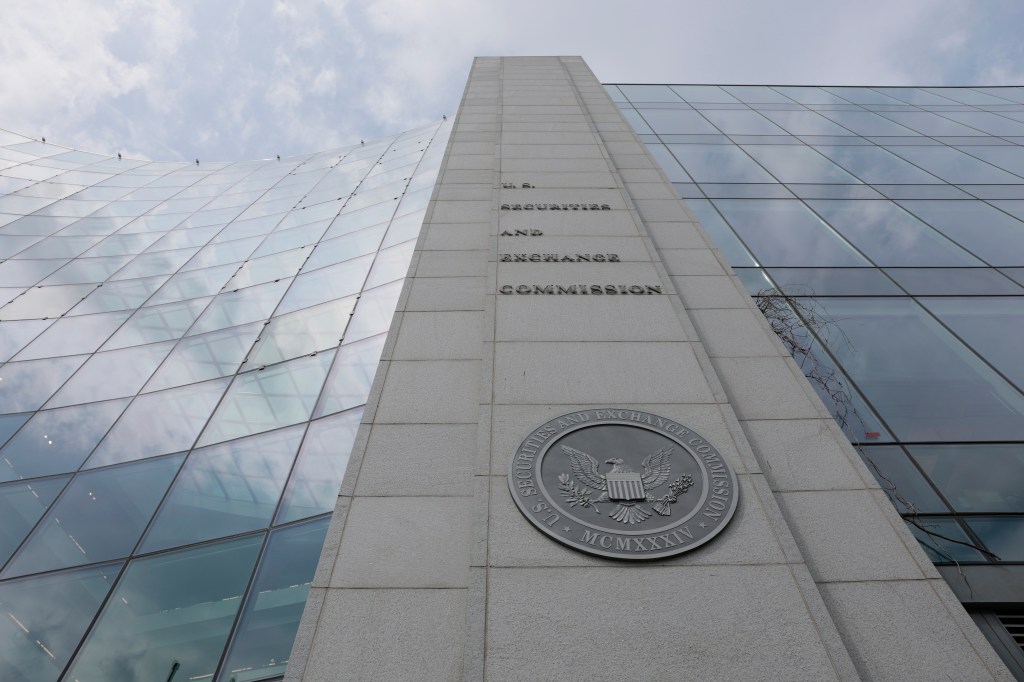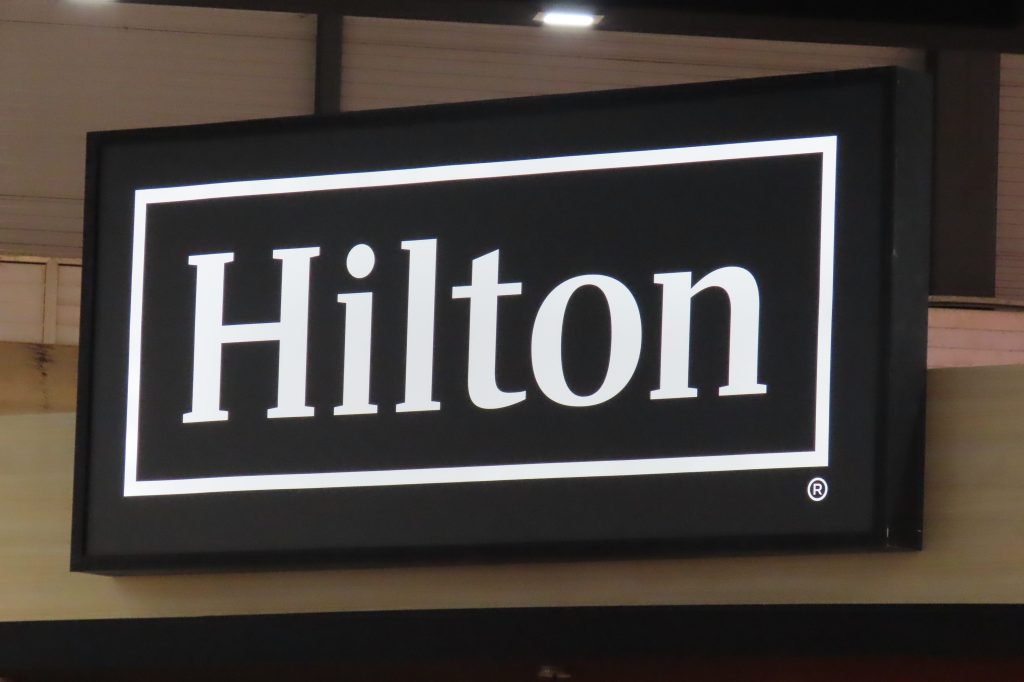Chinese tycoon Xiang Guangda was certain the price of nickel was going to fall. The owner of steel producer Tsingshan Holding Group, who is nicknamed Big Shot, had amassed a large short position on the London Metal Exchange (LME). He had taken out futures contracts that would profit if the
Register for free to keep reading
To continue reading this article and unlock full access to GRIP, register now. You’ll enjoy free access to all content until our subscription service launches in early 2026.
- Unlimited access to industry insights
- Stay on top of key rules and regulatory changes with our Rules Navigator
- Ad-free experience with no distractions
- Regular podcasts from trusted external experts
- Fresh compliance and regulatory content every day

